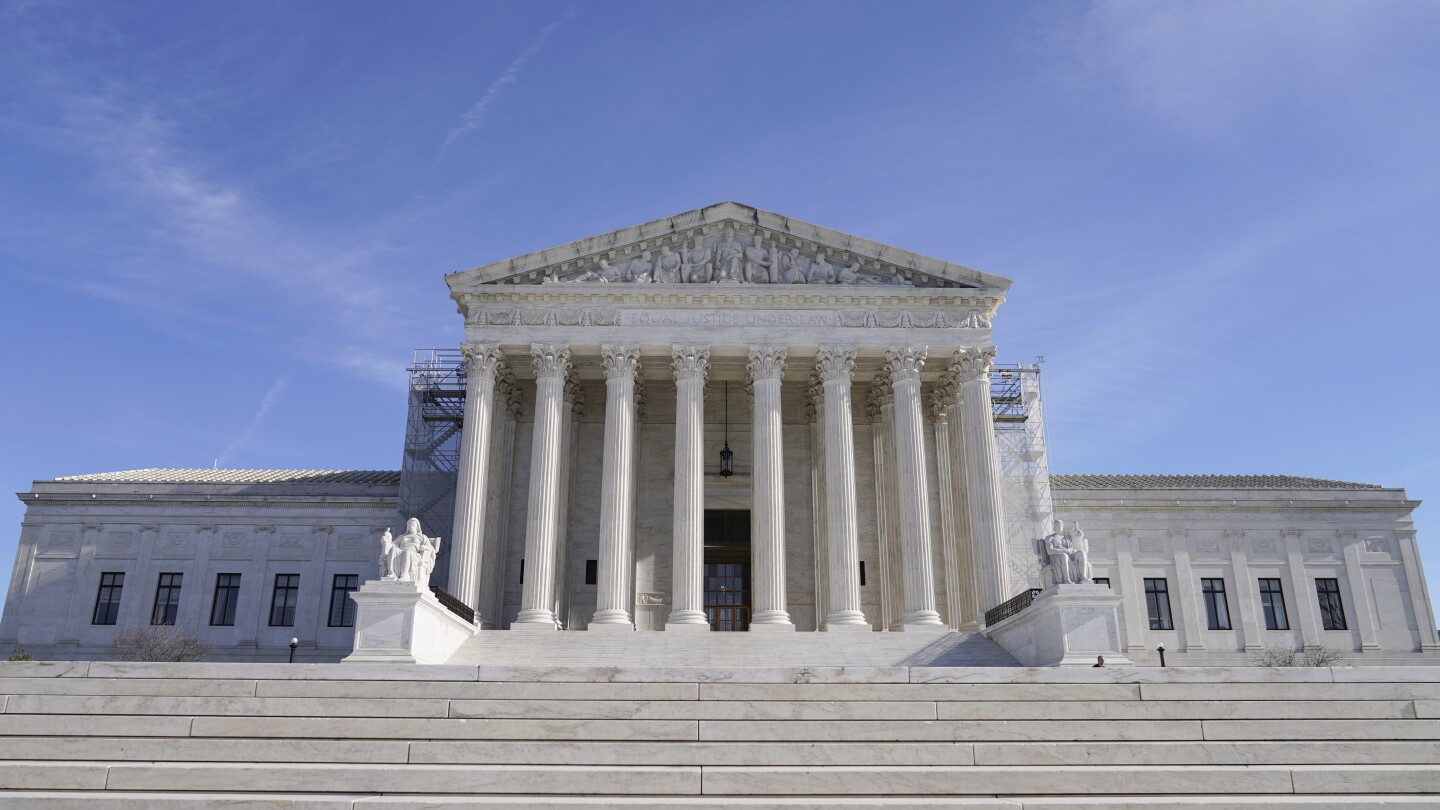The Supreme Court on Tuesday passed up a chance to intervene in the debate over bathrooms for transgender students, rejecting an appeal from an Indiana public school district.
Federal appeals courts are divided over whether school policies enforcing restrictions on which bathrooms transgender students can use violate federal law or the Constitution.
In the case the court rejected without comment, the Chicago-based 7th U.S. Circuit Court of Appeals upheld an order granting transgender boys access to the boys’ bathroom. The appeal came from the Metropolitan School District of Martinsville, about 30 miles (48 kilometers) southwest of Indianapolis.



If you’ve ever been at a sports stadium when the women’s line is incredibly long and the men’s line is short, you’ll find plenty of women who miraculously discover a love of gender neutrality.
The fear that most people have - and I’ve seen this as common among women as men, particularly when you invoke Gay Panic - is of sexual assault. And in a country, like the US, which seems to be either unwilling or unable to discourage sexual assault via public policy, there’s a real anxiety for lots of people whenever they use any kind of public restroom.
There was a very similar outcry back during the 60s, when Jim Crow was struck down and bathrooms were racially integrated. You had certain people show extreme distress at the prospect of sharing a lavatory with some of a different race. And, as a consequence, we got a lot of suburban white flight and de facto segregation through modern day red-lining and private security harassment. There was a whole thing during the 80s, where black people trying to use restrooms in private malls (particularly in the South) would be harassed, expelled, and even arrested under nakedly untrue claims of shoplifting. Bunch of News Hour TV shows made a big stink about it for a long time.
But the idea that “women just don’t want to” is heavily overstated. A lot of this anxiety is manufactured. A lot more has far less to do with gender generally speaking and more to do with the individual’s personal experiences.